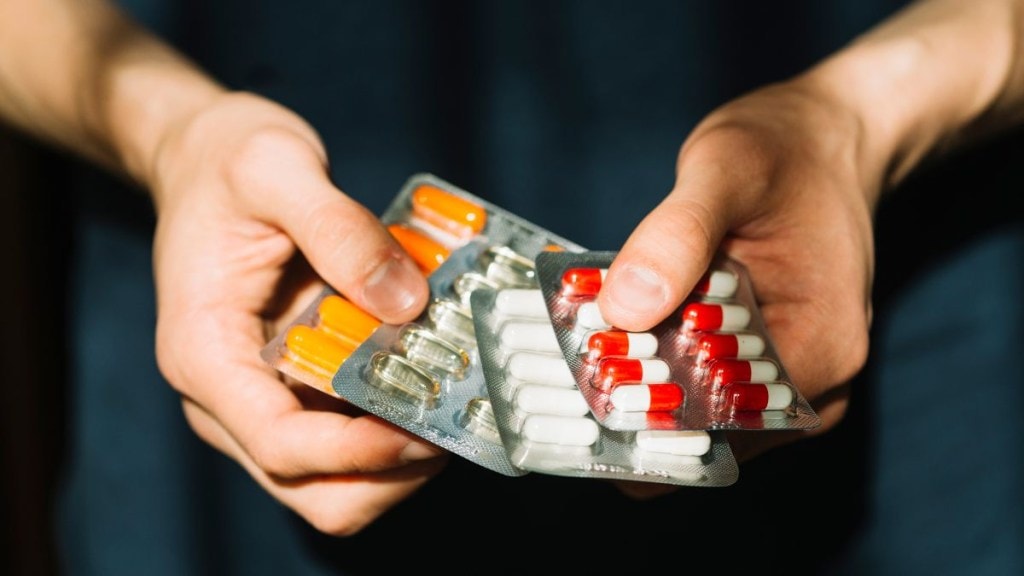In a move to reduce the immediate burden of re-labelling stock on the Indian healthcare sector and to avoid delays in passing GST benefits to consumers, the government has released a memorandum clarifying that recalling or re-labelling is not mandatory for medicine packs manufactured before the new rates came into effect.
The National Pharmaceutical Pricing Authority (NPPA) has clarified that, instead of recalling or re-labelling, manufacturers and marketing companies can and must issue a revised price list or supplementary price list in Form V/VI to dealers, retailers, State Drug Controllers, and the government.
This ensures that the new GST rates and revised Maximum Retail Price (MRP) are communicated and displayed to consumers at chemist shops.
Govt allowed phased re-labelling
The NPPA further said that companies wishing to relabel or resticker existing stock in the market may do so in a phased manner, but it should not cause any shortage of medicines or devices.
“In this regard, CDSCO has already issued necessary directions on September 11, 2025 under Rule 104A of the Drugs and Cosmetics Rules, 1945,” NPPA noted in its office memorandum dated September 13.
GST Council cuts taxes on healthcare products
This move comes after the GST Council’s sweeping reforms on September 3, which reduced taxes on several healthcare products. Lifesaving medicines used in cancer and rare disease treatments have been made GST-free, while other drugs and devices have seen their rates fall from 12% or 18% to just 5%.
The new GST rates will come into effect from September 22, the first day of Navratri, well ahead of Diwali. The healthcare sector has received significant relief, with individual health and life insurance policies now fully exempt from GST, down from 18 per cent earlier.
Taxes on medical items have also been reduced. Thermometers will attract just 5 per cent GST instead of 18 per cent, while medical-grade oxygen, diagnostic kits, reagents, glucometers, and test strips will now fall under the 5 per cent category, down from 12 per cent. Corrective spectacles will also see their GST reduced to 5 per cent.
The government has made 33 lifesaving drugs and medicines GST-free, while three lifesaving drugs used to treat cancer, rare diseases, and other severe chronic conditions will also see GST reduced to nil. Additionally, all other drugs and medicines will now be taxed at 5 per cent, down from 12 per cent, and medical apparatus and devices used for medical, surgical, dental, or veterinary purposes—or for physical and chemical analysis—will see GST cut from 18 per cent to 5 per cent.

